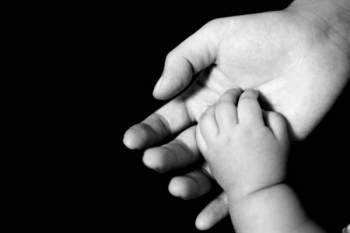
What are Prenatal Injuries?

During suits filed for wrongful birth, plaintiffs must exhibit that medical representatives did not demonstrate the required standard of care during their time with them. This would, of course, be in direct connection to "diagnosis" or "disclosure" concerning the risk of the plaintiff birthing an infant with "genetic" or "congenital" abnormalities. Such a case would be if the doctor, the defendant, was aware that their patient, the plaintiff, had the utmost potential of passing such conditions to their unborn child. Expert witnesses are usually required in such a proceeding dependent on the understanding of both specific and complicated medical processes and terms. Though physicians are obligated to disclose risks to their patients such as abnormalities, they are not required to convey all of them in their entirety, such as in cases where the consequences rendered were a fluke, and represented one of the rare occurrences in comparison to other afflictions that affect people every year. Aside from the contesting of whether or not this is a cause for liability, pursuit of damages is also poses a significant debate. Though many states permit the recovery of compensation due to cases of wrongful birth, still some courts employ an additional ruling, that of the "benefit rule." This entails that the judge orders the jury to decrease restitution due to the assumed "emotional benefits" attached to the acquirement of a child and its effect on the plaintiff's life. This is dependent, however, on the shape in which the infant is born. Two other addition cases constituting the pursuit of claims for prenatal injuries include, "wrongful pregnancy" and "wrongful breech of warranty." In reference to wrongful pregnancy, the plaintiff claims that they became pregnant without any desire for it whatsoever. This could be due to a failed detection or "sterilization procedure." As a consequence, as well, the child may be inadvertently harming its mother. As for the wrongful breech of warranty, the plaintiff claims that they were implanted with a "bad embryo." In most cases where the court does award damages to the plaintiff, they me only be in direct correlation to the expenses that accompany the raising of a child with such birth abnormalities in terms of the medical care required due to their condition(s). In some cases of exception, however, the plaintiff may seek additional compensation due to proved "emotional distress" or "physical pain" acquired during the delivery.


















